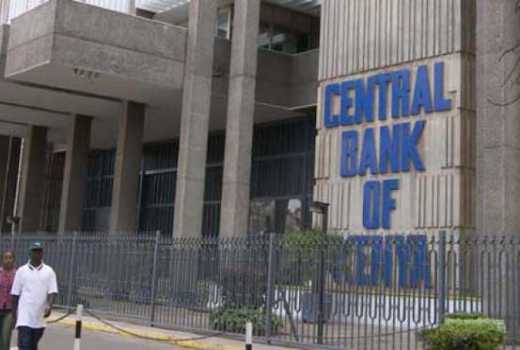×
The Standard e-Paper
Smart Minds Choose Us

NAIROBI, KENYA: The steady growth of Kenya’s mobile money has largely been industry-led. Regulation has followed up the innovations where the legal frameworks and these rules mostly coming after the industry made major inroads into the Kenyan economy.
Despite the industry tending to maturity and playing a critical role in Kenya’s economy, regulatory agencies charged with overseeing the industry appear to be managing the industry in the same laissez-faire approach as when they were starting out.